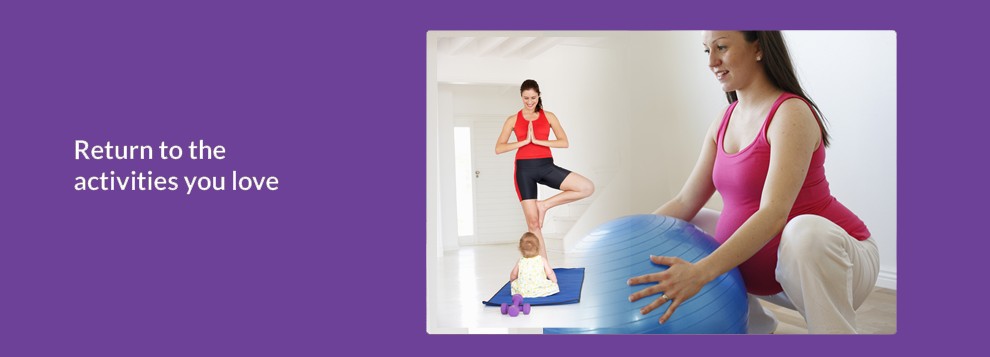For years studies have shown few therapies that work in the treatment of chronic low back pain. Doctors have tried "usual care," which means rest, then activity, along with pain relievers.
But science may be making some progress in this area. Intense treatment with many types of care may be working. The concept is called a multidisciplinary rehabilitation program (MRP). MRP treatment involves physiotherapy, psychological treatment, education, and relaxation.
Researchers in Germany put MRP to the test. They compared two groups of patients with chronic low back pain. Group one received usual care, while group two had MRP four hours every day, three days each week, for three weeks.
The results are very promising. The MRP group improved in physical and mental health with fewer days missed at work. In the authors' opinion the MRP program was very successful.
The authors hope the program could be offered as group therapy rather than individual therapy. If MRP can be started earlier in the episode of back pain, chronic pain might be reduced. The program could be copied and offered everywhere as part of community medicine.
The doctors behind this study see MRP as a means of improving health quality of life for patients with chronic low back pain. They recommend more studies to confirm these early results before planning community-based MRP programs.
Eberhard Lang, et al. Multidisciplinary Rehabilitation Versus Usual Care for Chronic Low Back Pain in the Community: Effects on Quality of Life. In The Spine Journal. July/August 2003. Vol. 3. No. 4. Pp. 270-276.






